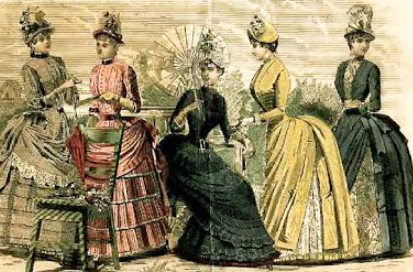Jane Eyre and Women’s Rights in the 19th Century
The discussion around “Jane Eyre” by Charlotte Brontë is not just literary; it’s a pivotal exploration of women’s rights in the 19th century. As we delve into the struggles and triumphs of its titular character, we also uncover broader themes of female autonomy, social justice, and the quest for equality, which remain relevant today.
The Societal Context of the 19th Century
In the 19th century, women were often perceived as subordinate to men, confined to domestic roles, and denied basic educational and professional opportunities. The legal system upheld male authority, making it difficult for women to attain independence or ownership of property. Outside of literature, early feminists began advocating for women’s rights, challenging societal norms by pushing for suffrage and access to education. “Jane Eyre” captures this tumultuous landscape, depicting the protagonist’s struggles against a male-dominated society that stifles her identity and ambitions.
Jane Eyre as a Beacon of Feminism
Charlotte Brontë’s “Jane Eyre” resonates deeply with the feminist movement, presenting a heroine who refuses to conform to societal expectations. Jane’s journey toward self-discovery embodies the strength of women fighting for their rights. Throughout the novel, she grapples with poverty, classism, and the limitations imposed by gender—all while asserting her desire for personal freedom. Brontë crafts a character who defies the archetypal submissive female; Jane values her self-respect and moral integrity above all, advocating for the idea that women should have equal opportunities to pursue their passions.
Literary Influence on Women’s Rights
Brontë’s novel served as an influential piece in the discussion of women’s rights, encouraging readers to reflect on the gender inequalities that pervaded society. The relatable struggles of Jane Eyre sparked dialogue among both men and women about the role of women in society. This literary work inspired generations of female readers to seek educational and professional endeavors, fostering a critical examination of their own lives and roles. As discussions surrounding women’s rights continue, the themes present in “Jane Eyre” remain relevant, serving as a historical touchstone for ongoing gender equality movements.
In conclusion, “Jane Eyre” is not just a tale of love and self-discovery; it is a powerful commentary on women’s rights in the 19th century. As we reflect on Jane’s story, we are invited to explore our own beliefs about gender and equality. If you’re interested in digging deeper into this rich topic, consider reading “Jane Eyre” or exploring other works from the era that challenge societal norms. Let’s continue the conversation about women’s rights and their historical roots!
